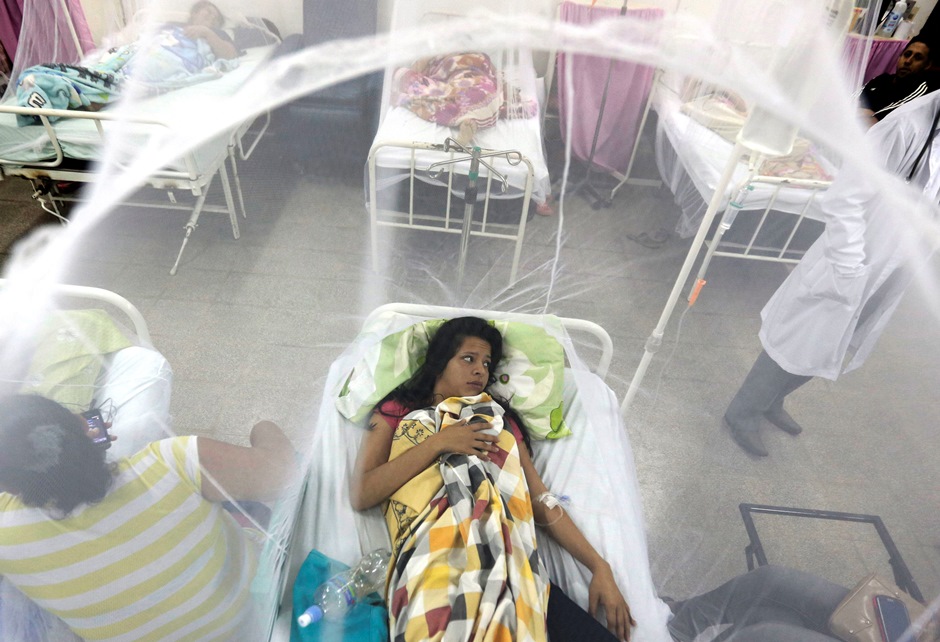Brazil will have a biofactory to produce mosquitoes “Temples of the Egyptians» contaminated with Wolbachia, the bacterium that prevents them from transmitting dengue, zika and chikungunya, with the capacity to produce up to 100 million copies of the insect per weekOfficial sources reported this Thursday.
The construction of the plant will require an investment of 100 million reais (19.6 million dollars) and will be the result of the agreement announced today by the Brazilian state-owned Fundación Oswaldo Cruz (Fiocruz), the largest health research center in Latin America, and the World Mosquito Program (WMP), responsible for the innovative method of combating dengue.
Brazil has been using the Wolbachia method to combat dengue for several years, which consists of release of genetically modified insects, to which the bacteria that incapacitates them to transmit diseases was introducedso that they mix with local Aedes aegypti populations.
Mosquitoes contaminated with Wolbachia, a bacterium present in 60% of the world‘s insects and harmless to humans, transmit this characteristic to their inheritors, gradually reducing the populations of those capable of transmit diseases.
But the current production plants in Brazil are only experimental and designed to serve a pilot project developed in five cities, so a factory with the capacity to produce up to 5,000 million modified mosquitoes per year will allow the method to be extended to a large part of the countries. municipalities of Brazil.
70% less dengue
“The Ministry of Health is committed to extending the program to the largest number of municipalities in the shortest possible time. We hope that, in about four years, we will be able to extend the technology to 70% of the municipalities with the highest burden of the disease,” said the Secretary of Health Surveillance of the Ministry of Health, Ethlel Maciel, at the agreement announcement ceremony.
Fiocruz, linked to the Ministry of Health, has not yet defined where it will build the new factory but expects it to start operations in early 2024.
Brazil, one of the key countries for testing the Wolbachia method due to the high incidence of diseases transmitted by Aedes aegypti, began releasing the modified insects in 2012. in five cities (Rio de Janeiro, Niteroi, Campo Grande, Belo Horizonte and Petrolina) and has already obtained successful results.
According to the WMP, in the areas where the method was introduced in Niteroi, a city in the metropolitan area of Rio de Janeiro, there was a 70% reduction in the number of dengue cases, 60% of chikungunya cases and 40% of Zika cases.
dengue records
The technology has been tested by the WMP in eleven countries in Asia, Oceania and America, with mosquitoes released in urban areas with about 11 million people, of which 3 million in Brazil.
“It is an innovative experience that is now going to scale up very quickly throughout the national territory, which today suffers the recurring ills of the spread of mosquitoes and viral diseases,” said the president of Fiocruz, Mário Moreira.
The announcement of the new factory comes at a time when Brazil registers record numbers of dengue. In 2022 the disease caused more than a thousand deaths for the first time and 1.45 million cases were registered, a number 162.5% higher than in 2021. EFE

